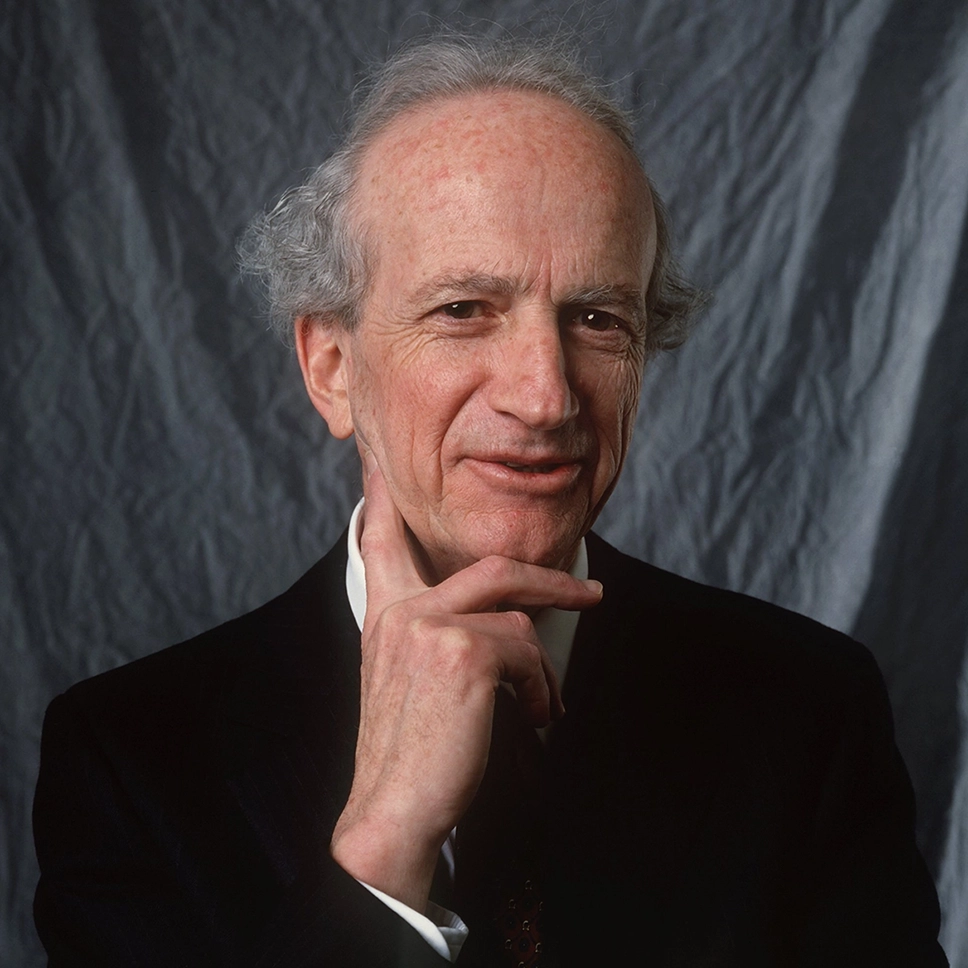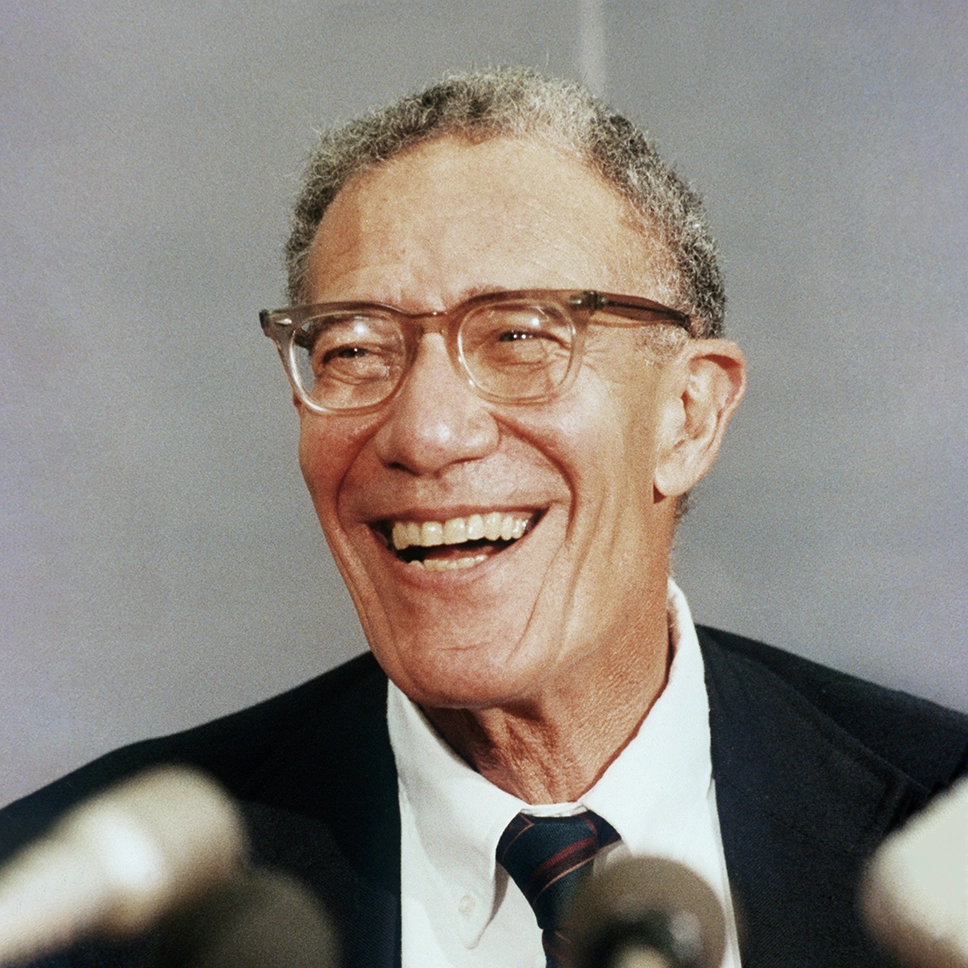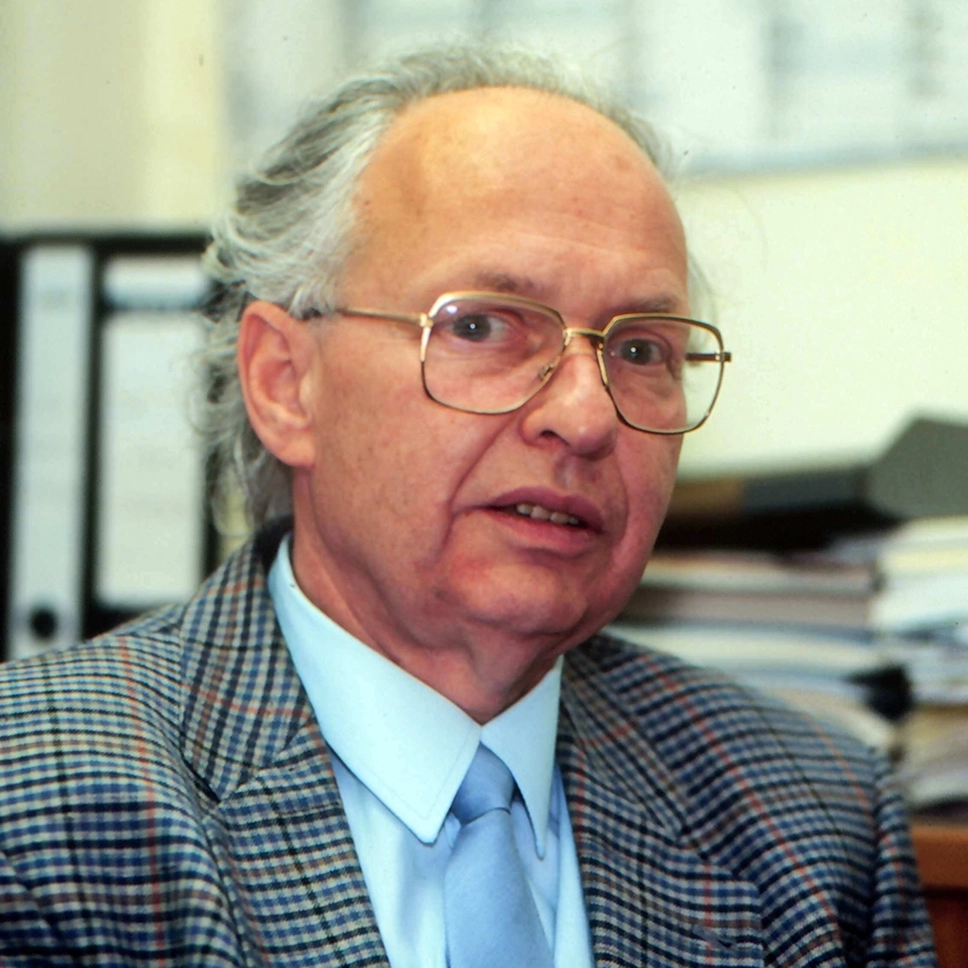Today, marking 25 years since its inception, the CESifo network stands as one of the largest economic research collectives globally. Regular gatherings in Munich and around the world foster an exchange of ideas among international researchers, enhancing their understanding of complex economic issues. The prestige of this network is underscored by the exceptional caliber of its members, including 13 Nobel laureates from its ranks of over 2,000 members.
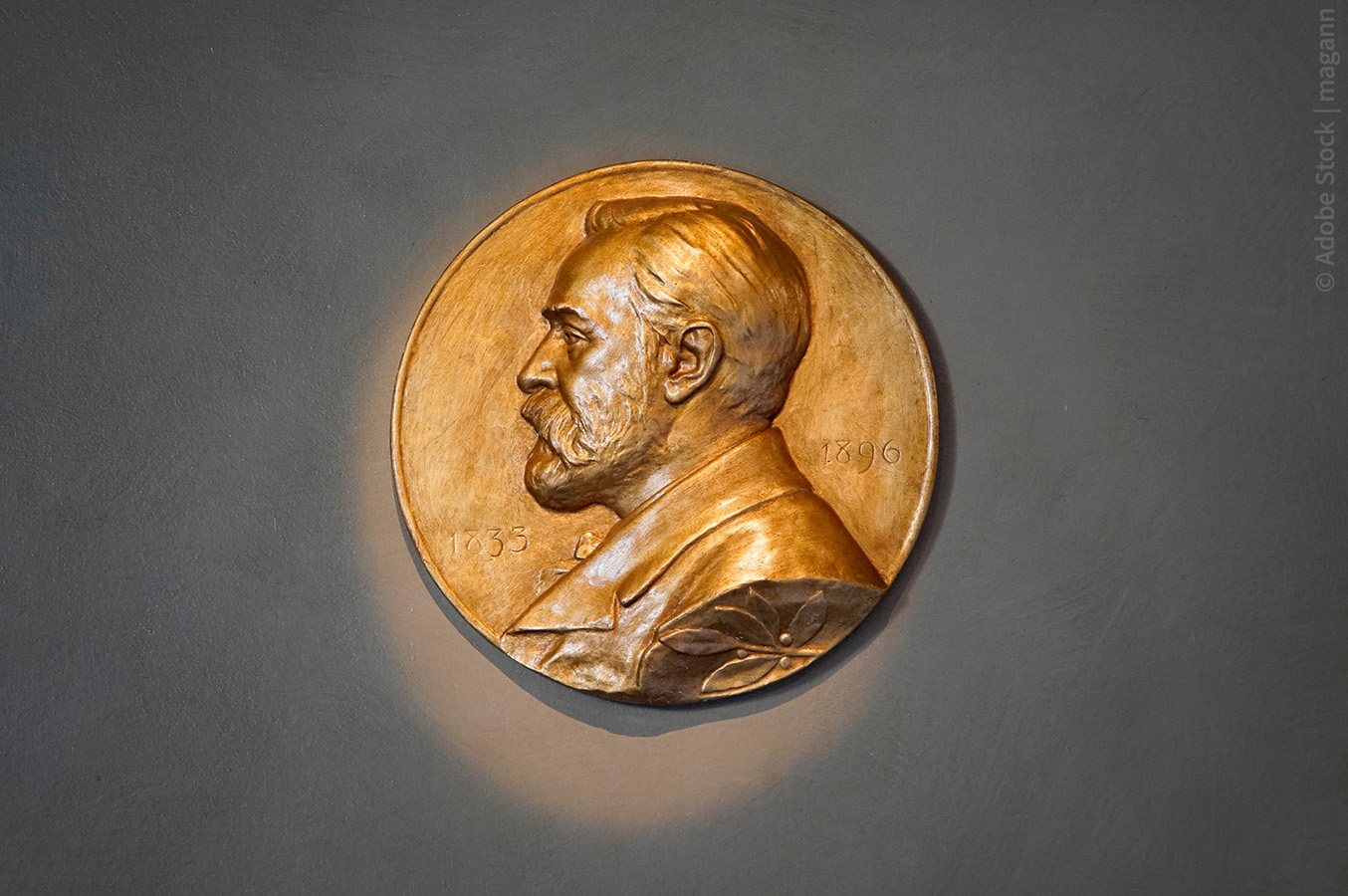
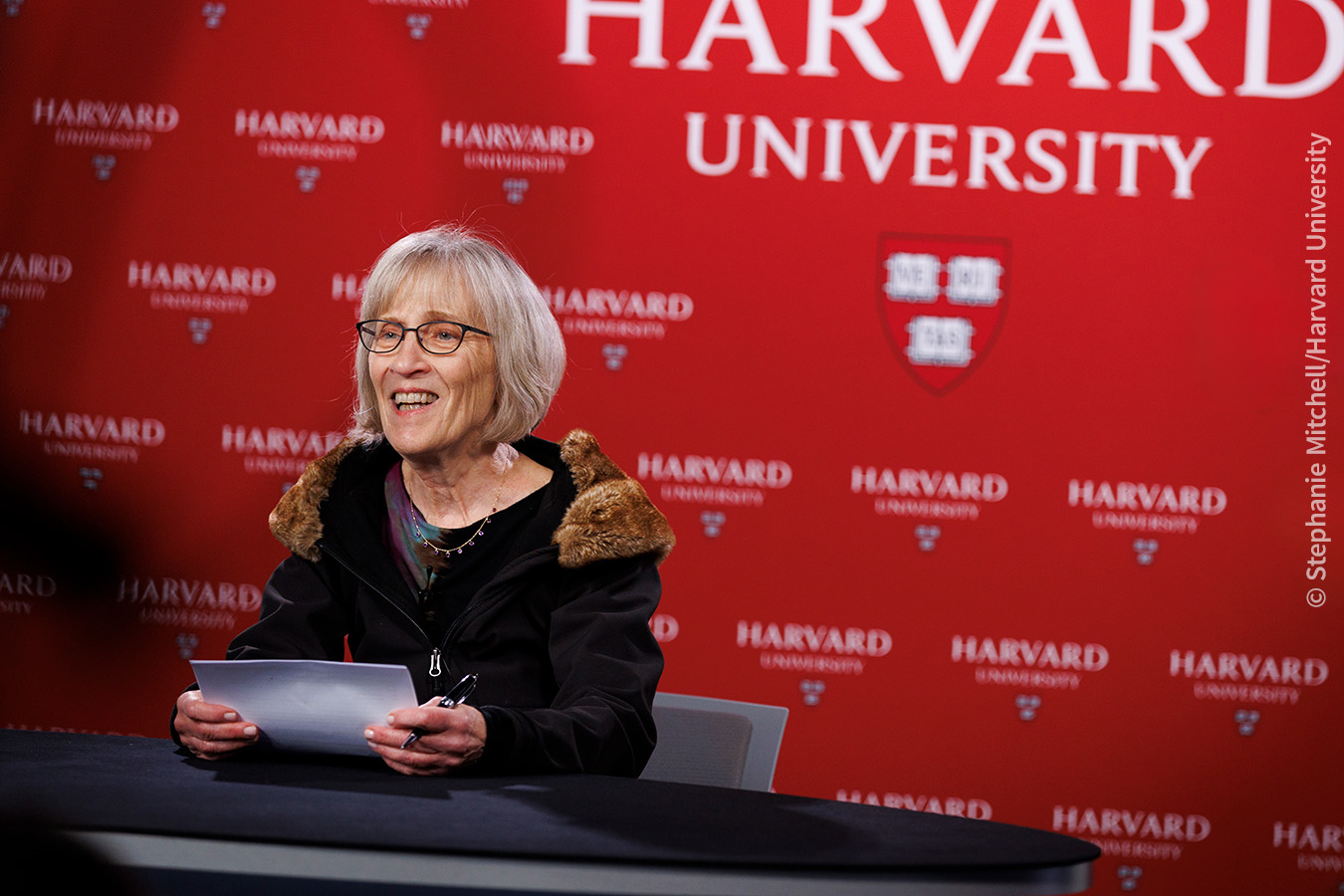
Tracing Women in the Labor Market
Among the distinguished is Claudia Goldin, Henry Lee Professor of Economics at Harvard University, who became only the third woman ever to receive the Nobel Prize in Economics in 2023. And she won it for her research in a field that, for a long time, also received little attention. Her work explores the historical role of women in the labor market, tracing back to the 18th century to uncover roots of present-day wage disparities, family structures, and educational inequalities. Claudia Goldin has been a member of the CESifo network since 2022 and is one of six CES Fellows to receive this coveted award by the Royal Swedish Academy.
Labor Market Dynamics
David Card, another notable CESifo member since 2024, was awarded the Nobel Prize in 2021, together with Joshua Angrist and Guido Imbens. His empirical research in labor economics, particularly his findings that increased minimum wages do not necessarily reduce employment, challenges long-standing economic assumptions.
He deals with central and real-life questions – why do people succeed or fail in the labor market? What factors drive wage inequalities? Given his wealth of publications and findings, it is all the more astonishing that David Card originally studied physics and only later switched to economics.

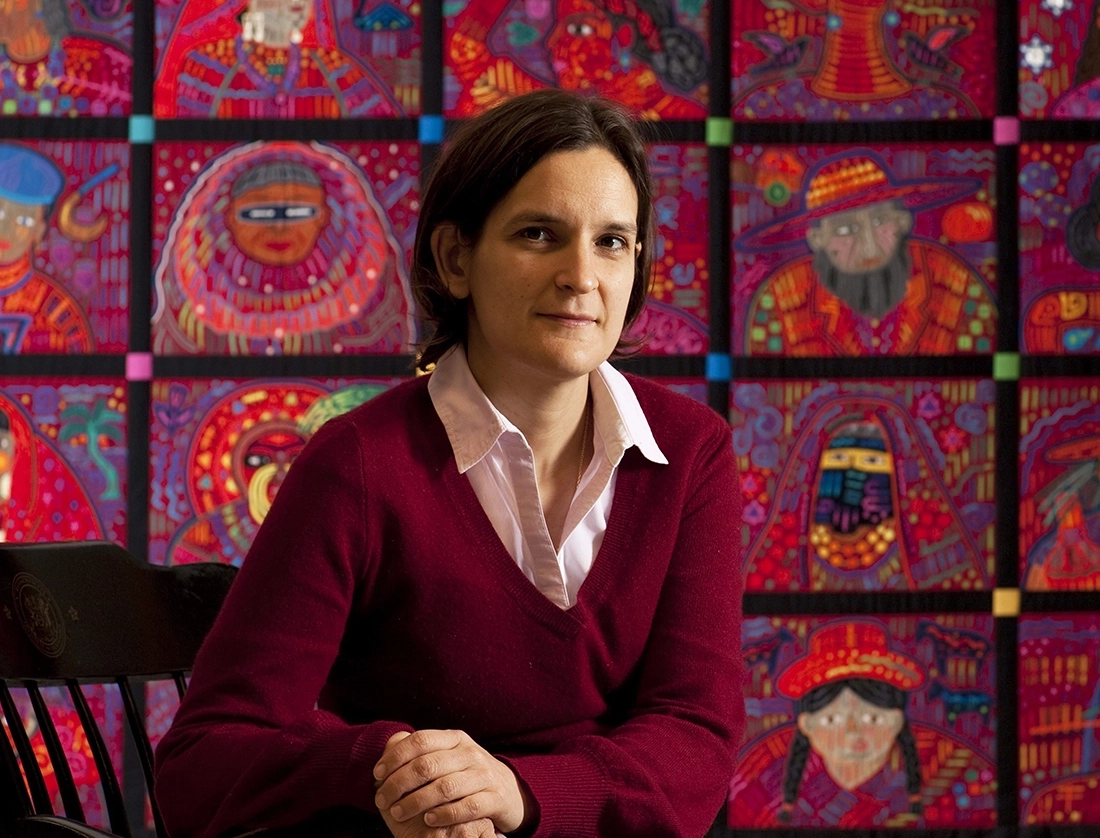
Development Economics and Poverty Reduction
Before Claudia Goldin, Esther Duflo was the second woman to receive the Nobel Prize in Economic Sciences from the Royal Swedish Academy. Awarded in 2019, she shared this honor with her husband, Abhijit Banerjee, and Michael Kremer. Duflo stands out as the youngest economist to receive this distinction. Specializing in development and social economics, her passion for addressing poverty, hunger, and social inequality was influenced by her mother, a pediatrician who worked with humanitarian organizations. It seems almost destined that Duflo would earn the Nobel Prize for her groundbreaking work in poverty research. Since the 1990s, she and her research partners have been using field experiments to devise effective strategies to combat global poverty. Esther Duflo has been a valuable member of the CESifo Network since 2013, contributing her expertise and experience.
Principles of Human Behavior
Many people see contracts as one thing above all else: Sheets of paper and tedious bureaucracy. The Finnish economist Bengt Holmström, however, who joined CESifo in the same year he won the Nobel Prize in 2016, has significantly advanced the understanding of contract theory, particularly in how companies can optimize CEO contracts. His work has broader implications for corporate governance and legal frameworks, offering new perspectives on human behavior and economic incentives within corporate structures. As he comes from the Swedish minority in Finland, he is probably one of the few laureates who could follow the ceremony in his native language.
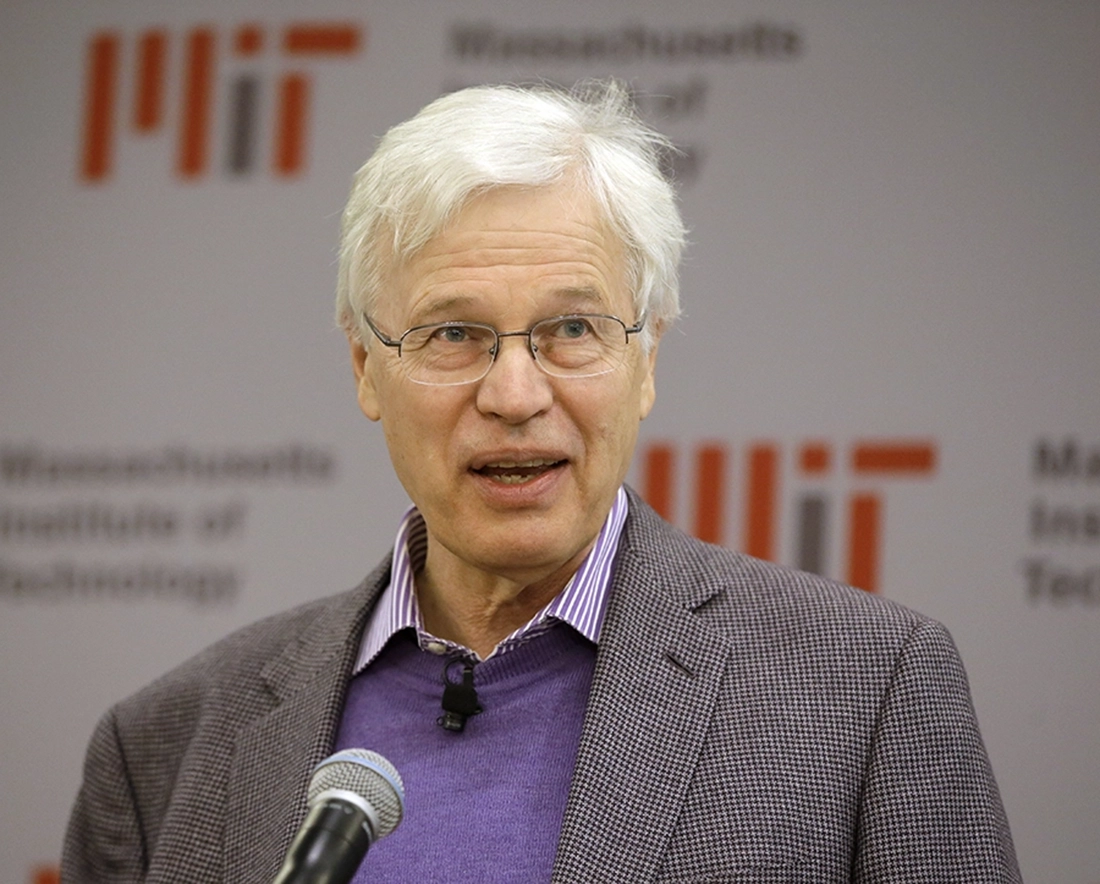
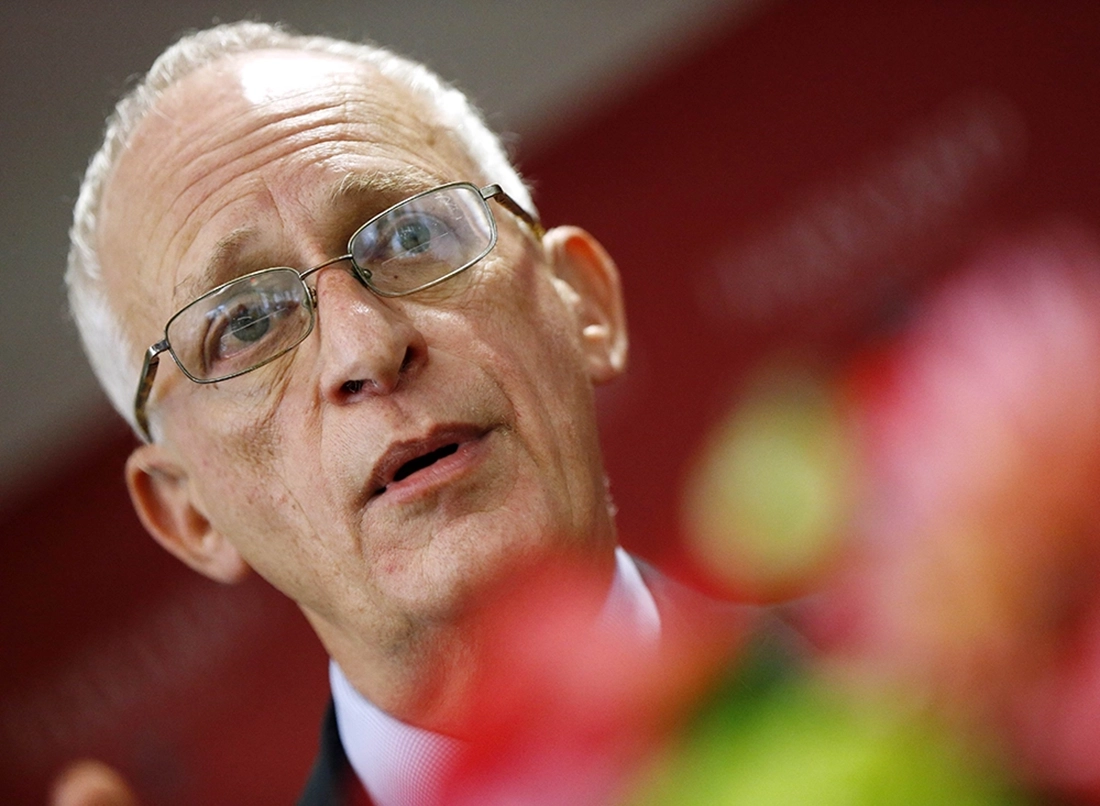
Practical Insights in Contract Theory
2016 was a good year for Nobel Prize winners in the CESifo network. In addition to Bengt Holmström, the jurors decided to award the prize equally to Oliver Hart from Harvard University and his contribution to contract theory. A foundational figure in contract theory, Hart’s innovative work has profoundly influenced both academic thought and practical policy. Journalists, for example, maintain the conviction that Hart influenced the U.S. government in its decision to no longer leave the management of prisons to private contractors. An active member since CESifo’s inception year 1999, his insights have shaped our understanding of how contracts are utilized within and outside the marketplace. Hart’s contributions were recognized with a Nobel Prize, and his ongoing impact was further acknowledged with a knighthood by King Charles III in 2023.
Leaving Poverty Behind
Scottish economist Angus Deaton delves into whether wealth equates to happiness, applying a rigorous economic perspective. Deaton, who was awarded the Nobel Prize in 2015 – a year before Hart and Holmström – received this honor for his lifetime contributions, as noted by the committee. His profound insights into need may stem from his own humble beginnings. Deaton’s research focuses on how individual spending patterns influence societal economic development. Throughout his fieldwork, he repeatedly encounters individuals who have remarkably overcome dire poverty, reinforcing his belief that escaping poverty is always possible. Since 2004, he has been sharing these inspiring stories within the CESifo Network, and in 2016, he was knighted by Queen Elizabeth II, becoming Sir Angus Deaton.
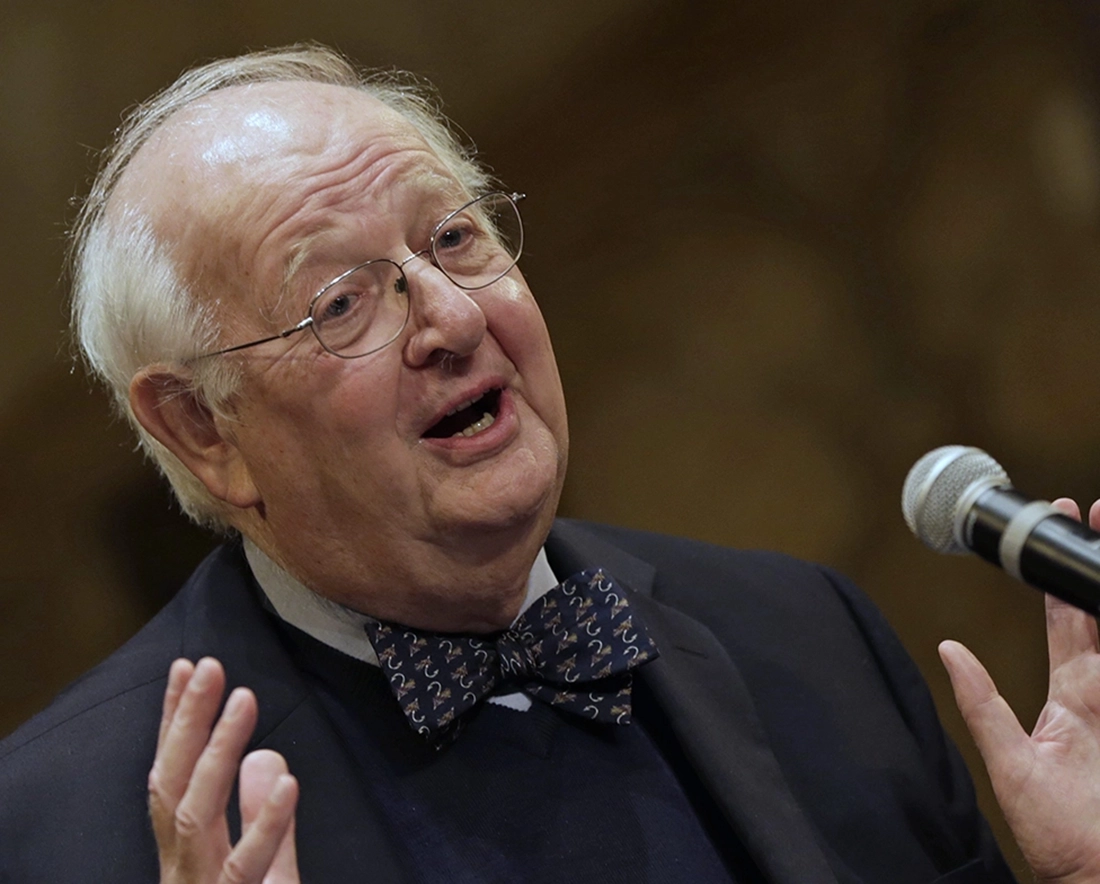
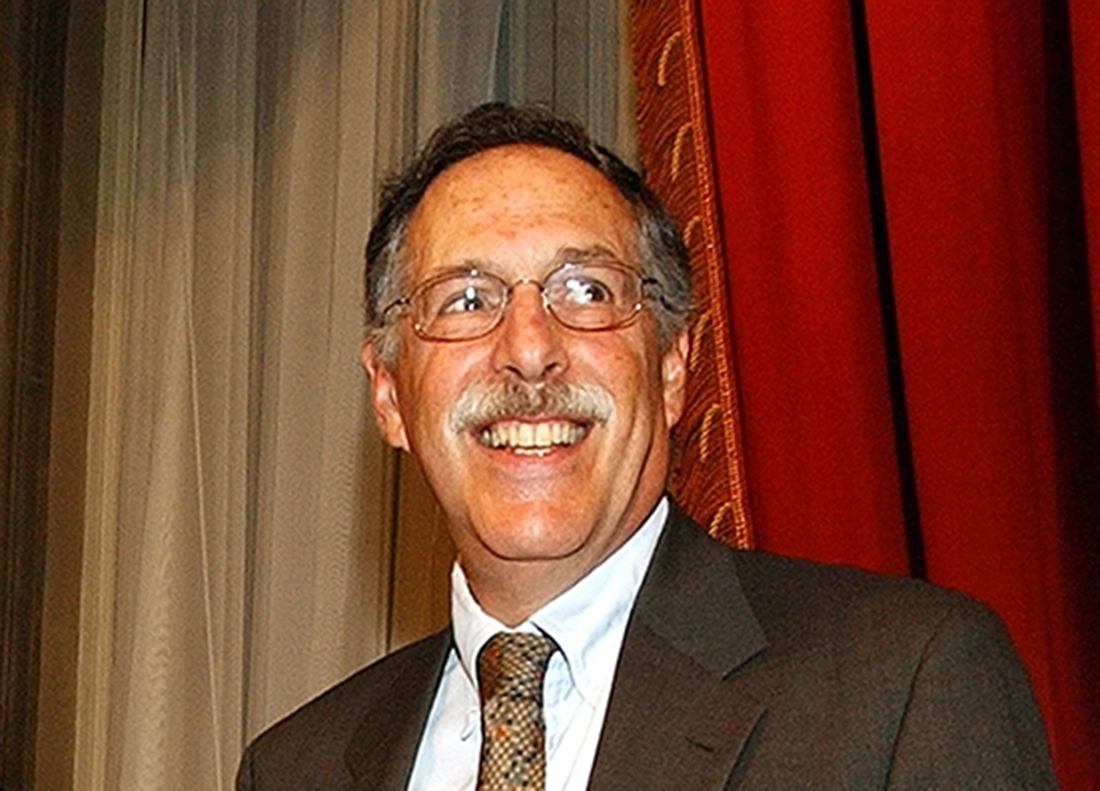
The “Application-Oriented Theorist”
A Nobel laureate in 2010, Diamond’s research into markets with search frictions has clarified the dynamics between policies and economic outcomes like unemployment and wages. With him, Dale T. Mortensen and Christopher A. Pissarides also received the prize. An “application-oriented theorist”, as Nobel Prize winner Eric Maskin once called him, Diamond‘s analysis of pension structures contributed to the reform of the U.S. system and the reconstruction of the Polish pension system. Peter A. Diamond, CESifo member since 2000, strives to get to the bottom of things – a fact that is also shown by his subsequent studies at Harvard Law School. Diamond is now Professor Emeritus at MIT, where he taught from 1966 to 2011.
The Human Factor
His own website describes Edmund S. Phelps‘ life‘s work as a project to embed “people as we know them” in economic theory. Phelps received the Nobel Prize in 2006 “for his analysis of intertemporal tradeoffs in macroeconomic policy”. His pioneering research began in the 1960s, challenging the then-prevailing assumptions about correlations between inflation and unemployment. During his career, he worked on various theoretical approaches and always added the human factor. In his analyses, Edmund S. Phelps recognized that the models failed to take into account ill-considered decisions or decisions made in the absence of better information. He has been sharing his approaches as a member of the CESifo network since 2000.
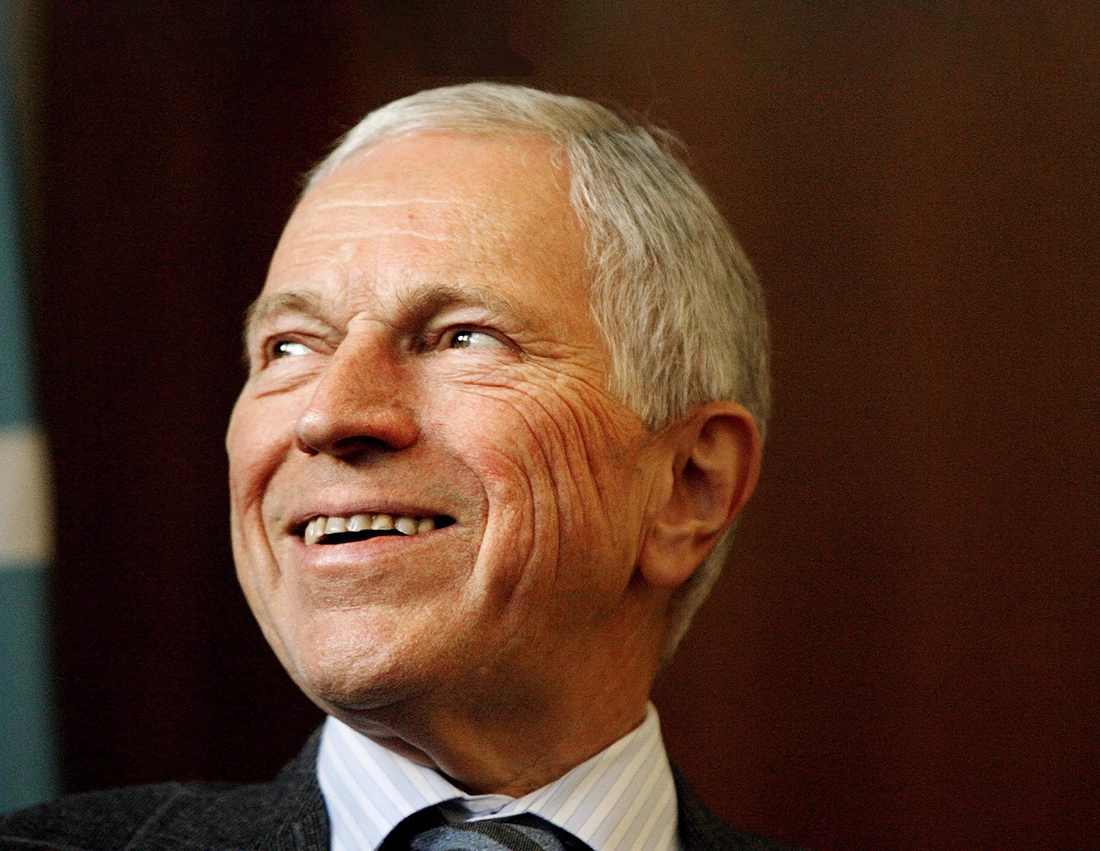
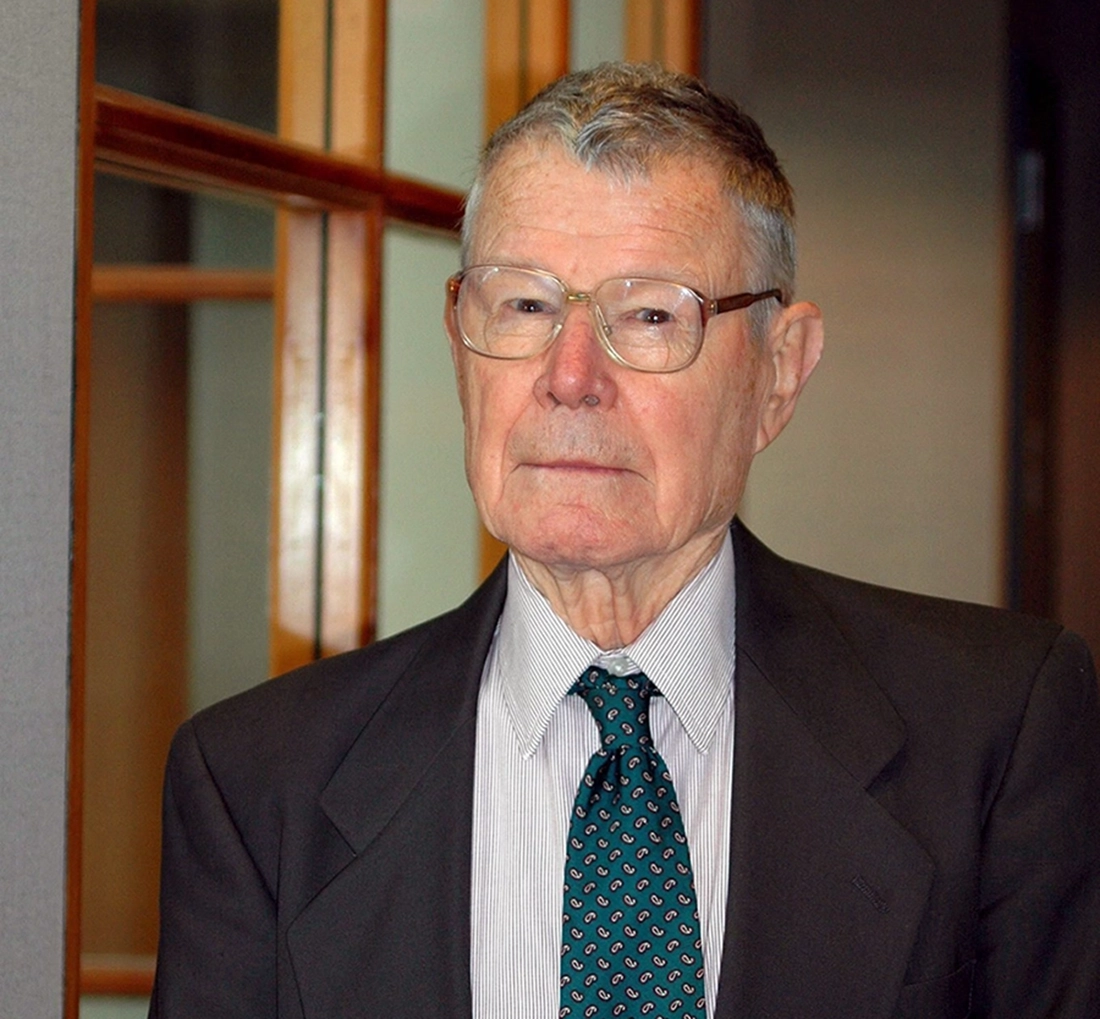
Conflict Theory in the Cold War
As a former classmate of Edmund S. Phelps, it‘s a striking coincidence that Thomas Schelling was awarded the Nobel Prize just a year before him. In 2005, the Royal Swedish Academy recognized Schelling, along with Robert J. Aumann, for advancing our understanding of conflict and cooperation through game theory analysis. During World War II and the early 1950s, Schelling contributed to politics, notably helping to craft the Marshall Plan. His 1960 publication, “The Strategy of Conflict,” remains one of his most renowned works, considered one of the 100 most influential books in the West since 1945. During the Cold War, his studies became particularly influential: Schelling viewed war as a bargaining process and argued that the best defense against a nuclear attack was to safeguard one’s own nuclear arsenal. Thomas Schelling was a valued member of the CESifo Network from its inception in 1999 until his death in 2016 at the age of 95.
The Heckman Correction
James Heckman's areas of expertise lie in political economy and statistics. He takes a deeply analytical approach to finding where economics and other sciences intersect in order to grasp the essential problems of society. Together with Daniel McFadden, he succeeded in developing “Theories and Methods for the Analysis of Selective Sampling”, which earned them both the Nobel Prize in 2000. His “Heckman correction” technique has enabled economists and policymakers to make more accurate interpretations of data where sample selection is biased. A member of CESifo since 2003, Heckman’s work has bridged the gap between theoretical economics and practical application in fields such as education and labor economics.

From sociology in economics to game theory
Recognized with the Nobel Prize in 1992, Gary Becker (1930-2014) was a pioneer in extending economic analysis to domains traditionally considered outside economics, such as sociology. A CESifo member since 1999, his approach has influenced broad areas of human behavior and interaction. Awarded the Nobel Prize in 1987, Robert M. Solow‘s (1924-2023) models of economic growth have been fundamental in the study of how economies evolve over the long term. His work emphasizes the role of technological progress and its impact on growth. As a member of CESifo since 1999, the success of Solow’s work also shows in the fact that four of his students, including Peter A. Diamond, were also able to claim the Nobel Prize. As the only German Nobel laureate in Economics, awarded in 1994, Reinhard Selten (1930-2016) was renowned for his refinements of game theory. His work has provided deep insights into economic behavior and strategy, which have had profound implications across various fields. A member of CESifo from 1999 until his death in 2016, Selten’s contributions continue to resonate within the network.
